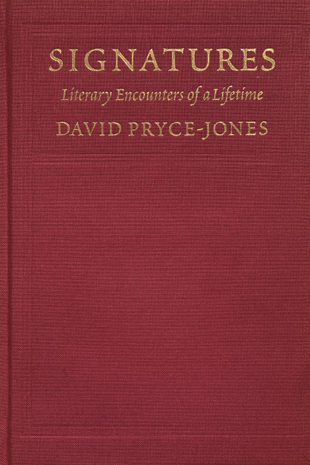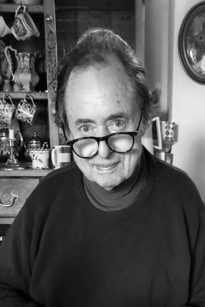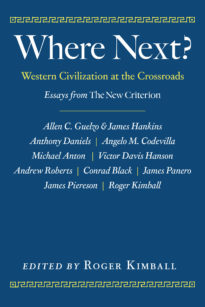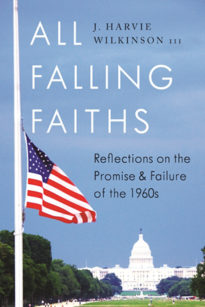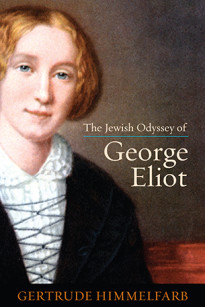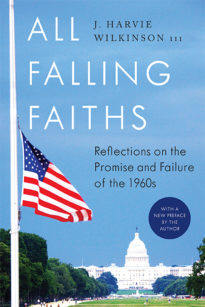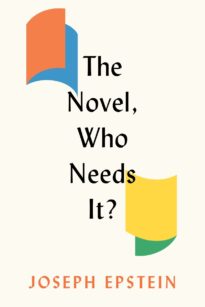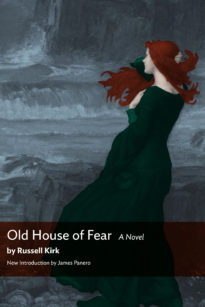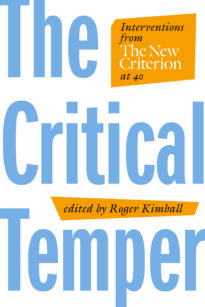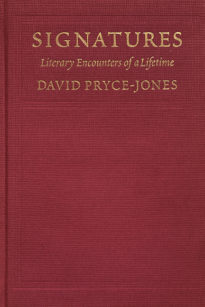Humboldt’s Gift is Saul Bellow’s tenth work of fiction, and Barley Alison, its London publisher, was highly anxious about it. I imagine she had paid more money for it than was sensible. Saul was known to say that people bought his books not to read but to leave them lying on coffee tables as evidence that they were highbrows. Barley intended to have this book sold, read and talked about. I was to write it up in the color magazine of the Telegraph.
Preparing to come to London for the publicity, Saul set Barley’s nerves jangling. Her recent letters, he wrote, had been “charming and impossible, heavenly and hellish.” She was underestimating his fatigue and overestimating his strength. He had no objection to meeting me and dining together, for some reason thinking the meal would be Provençale. But the BBC was after him, and his last experience with them had been dreadful. He spelled it out to her: on a sweltering day in Chicago ten men had come into his house, turned off the air conditioning, blown the fuses, asked ignorant and clumsy questions, and he was never again going to spend four hours under the cameras, with artistic picture editors all the more pleased the grimmer and queerer they made their subjects look.
In the event, Saul proved easygoing. It happened to be another sweltering day, and we sat it out in the shade of a tree at the center of one of the Kensington squares. He was in a mood to tell stories, reminiscing about the state school that had taught him Latin, and about his childhood friend, the son of Italian Mafiosi bootleggers in the years of Prohibition. In 1968 there were student riots here, there and everywhere, including Chicago. A member of the conservative-minded Committee on Social Thought at the University of Chicago, Saul had been greatly distressed by the violence. By chance in the street he encountered his childhood friend, now a capo famiglia, and told him what was happening. The question then was, How many are there? About two thousand. Right, give the word and we’ll have them out by two o’clock.
I told him how as a small boy I had been in France in the blitzkrieg of 1940, taken by my aunt Helene (always known as Bubbles) and her husband Eduardo Propper de Callejon, a secretary at the Spanish Embassy in Paris, to Cannes in the Vichy zone and then to safety in Spain and Morocco. Saul said, You went through something close to the Jewish experience. He felt that he had never quite done justice to his experience of being Jewish. Anti-Communism for him was a straightforward matter, but fear of what critics would say compelled him to hold back on unfashionable semi-mystical beliefs that he held about human nature, and he regretted what he could only stigmatize as cowardice.
Over the years, Saul read and generously endorsed several of my books. Passing through London, he would come to kitchen suppers in the house, sometimes alone and sometimes with Alexandra, his Romanian wife and a mathematician. He was a first-person writer whose fictional protagonists one and all are projections of himself. So much so that Joseph Epstein, who knew him well and is himself a writer with style and imagination, raises the possibility in an essay that Saul couldn’t construct convincing plots because he “wasn’t truly a novelist.” A master of language, though, without a doubt. His letters are second only to Byron’s for their immediacy and vivacity. I find myself quoting him quite often, for instance his Socratic view that the unexamined life is not worth living, that death is good for some people, and the analogy that Israel is a moral resort area, what Switzerland is to winter holidays.
